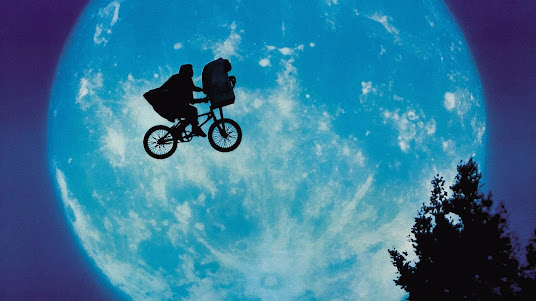Dune Revives Old School Cinematic Spectacle
This review was originally written for naijanerds.com and posted there on Nov. 23, 2021
Dune has a reputation for being unadaptable. Frank Herbert’s seminal sci-fi epic has been subjected to multiple movie projects abandoned in pre-production, a 1984 film adaptation that infamously suffered from studio interference, and a middling Sy-Fy channel miniseries in the early 2000s.
The novel is a doorstop of a book and dense with worldbuilding and lore, but unlike The Lord of the Rings, a similarly lauded fantastical epic with a straightforward hero’s journey, Dune is an impenetrable study on the danger of charismatic leaders and the intricacies of politics that does not translate into easily watchable fare for wider movie going audiences (remember how reviled the Star Wars prequels were upon release).
Now director Dennis Villeneuve (Sicario, Arrival) steps up to give his spin on the source material. Taking advantage of an all star cast, he applies his signature style to one of science fiction’s most hallowed texts.
Big Screen Spectacle
In terms of pure visual spectacle, Dune is everything that its director and buzz from film festivals have claimed it to be. Villeneuve brings the same modernist aesthetics and hypnotic approach to imagery that he displayed in his previous sci-fi features, Arrival and Blade Runner 2049.
The sense of scale with which he portrays the massive spaceships and alien worlds deserves to be seen on the big screen (provided you feel safe going despite the COVID pandemic). In addition, these visuals are paired with incredible sound design. Nothing quite matches the feeling of the entire theatre shaking to announce the arrival of Dune’s infamous, miles long sandworms erupting from the ground for the first time. This movie is an argument for why there will always be a place for traditional movie theatres.
As an adaptation, Dune is probably the best attempt to balance faithfulness to the original book with brevity and the need to appeal to a wider audience. While there is plenty of exposition and worldbuilding frontloaded in the first third of the movie, the movie does a good job of guiding the audience through the plot without becoming too boring. Events that are described second hand in political meetings get shown to the audience with cinematic flair. Even when the conflict of a scene is based on one of the books’ more metaphysical concepts, the performances of the actors still dictate the scene enough where most audiences can still follow.
The Characters and Heart of Dune
It is not a perfect adaptation, however. Many important character moments and plots that make the political intrigue more personal are left on the cutting room floor. Dr. Yueh, one of the more tragic figures in the books, loses all characterization to the point where he feels like a plot device the movie never sets up properly. Josh Brolin’s Gurney Halleck, a multifaceted character in the novel, has little to do besides being Paul’s gruff mentor. The movie focuses mostly on Paul, which helps streamline the narrative, but also has the unfortunate side effect of sucking the life out of the supporting cast.
As stated, the cast do plenty of heavy lifting, and their performances are a big reason why the movie functions properly. The villainous Baron Harkonnen, for instance, has many of his multilayered political feints and schemes simplified in the movie, which takes away from his cunning, but Stellan Skarsgard’s performance still sells the character as an intimidating and overpowering figure (Skarsgard is obviously channeling Marlon Brando in Apocalypse Now, and it completely fits).
One character that benefits from the adaptation process is master at arms Duncan Idaho. Mamoa plays him with an effortless everyman quality, and his relationship with Paul and eventual sacrifice gets proper buildup and eventual payoff.
An Incomplete Epic
Perhaps the most infuriating thing about Dune is that it is only an adaptation of the first half of the novel. Unlike Peter Jackson and company when they adapted Tolkien’s Lord of the Rings trilogy two decades ago, Villeneuve decided not to significantly alter the plot or order of events from the source material. The result is a movie with no proper climax that just peters out. Just as it feels like the story has finally found its momentum, it simply cuts to credits.
This also affects the development of themes in Dune. While the movie clearly wants to explore themes of colonization, imperialism, religious orthodoxy, and propaganda, these ideas are merely present in the movie and lack the necessary context to discuss them. It’s a movie with mostly set ups and few payoffs, which means it’s impossible to know how deftly the filmmakers will handle these concepts in the sequel.
While Dune’s incomplete nature makes it hard to judge, the good news is that the movie is excellent enough to warrant a sequel. Its spectacle, deft approach to storytelling, and performances elicit the same sense of awe that one gets from reading the book. Audiences hoping for traditional science fantasy escapism might feel frustrated, but patient moviegoers who appreciate high concept stories will walk away anticipating the next chapter.



Comments
Post a Comment